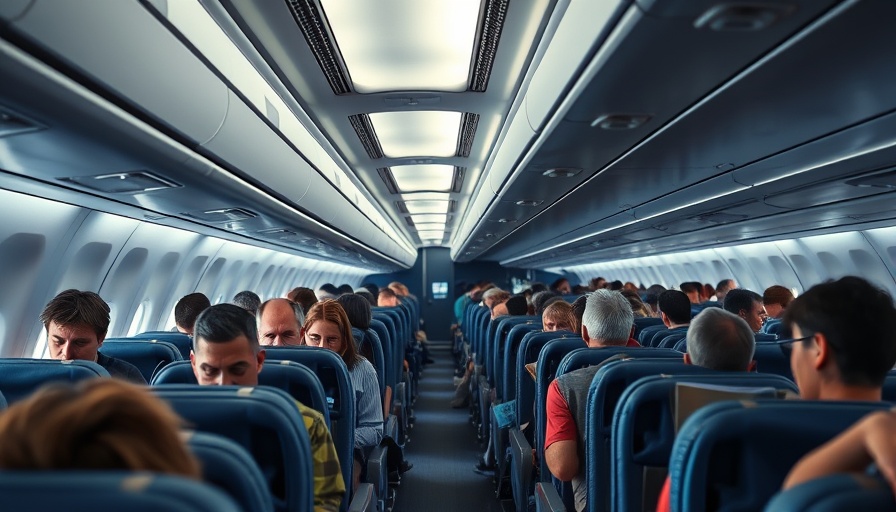
The Battle for Air Passenger Rights: What’s at Stake?
As the European Parliament's Transport and Tourism Committee gears up for negotiations with the Danish Council presidency, it’s time to dive into the evolving landscape of air passenger rights. Recent proposals have stirred excitement and concern alike among travelers. With ongoing discussions set to unfold, the stakes couldn't be higher for those who rely on air travel.
Why Compensation Matters
At the crux of the matter lies the compensation for flight delays and cancellations. For years, many travelers have benefited from the established right to receive compensation for delays extending beyond three hours under EU261 regulations. Yet, recent proposals from the Council suggest extending this threshold to four or even six hours, potentially stripping many travelers of their rightful compensation. The European Parliament, represented by MEPs, firmly advocates retaining the three-hour compensation window.
European Member of Parliament Andrey Novakov highlighted the human impact of these delays, stating, “Behind every delay or cancellation, there are real people, missed birthdays, funerals, weddings, and job interviews.” By maintaining strict guidelines on compensation, MEPs aim to ensure that passengers are not left in the lurch when flights are disrupted.
A New Era of Passenger Rights
In addition to advocating for familiar compensation protocols, MEPs are introducing forward-thinking rights that will enhance the overall flying experience. Among these developments is a proposal that allows passengers to carry cabin luggage free of charge — a boon for frequent flyers. Travelers would also be exempt from check-in fees, including for correcting spelling errors in their names or ensuring children under 14 sit next to accompanying adults.
Moreover, passengers will have the freedom to opt for either paper or digital boarding passes without incurring any extra fees. These changes reflect a growing recognition of passenger needs, and they promise to create a more user-friendly airline experience.
What About Exceptions?
While MEPs are committed to robust passenger compensation rights, there are notable limitations. A closed list of exceptions where airlines would not have to provide compensation includes natural disasters, wars, and severe weather conditions, emphasizing that airlines must take all necessary actions to reduce disruptions.
Keeping Airlines in Line
One of the most significant shifts anticipated from these proposals is the push for uniformity in how airlines communicate with passengers. The responsibility placed on airlines to furnish clear documentation for compensation claims is crucial for enhancing transparency. Passengers must be informed of their rights during disruptions, and airlines must respond to claims within a strict two-week period.
Looking Ahead: A Future of Clearer Rights
As discussions continue, it’s essential for travelers to educate themselves on these proposed changes, which will profoundly impact European air travel. For example, newly formulated rerouting rights will empower travelers to act quickly in case of cancellations. If an airline fails to provide a rerouting option within three hours, passengers can book their own alternative travel and claim reimbursement!
How Travelers Can Prepare
Understanding the nuances of these proposed laws will be vital for passengers who wish to protect their rights in the future. Keep an eye out for updates from reliable sources and advocacy groups focused on consumer rights. The implications are clear; these reforms could reshape travelers’ experiences, for better or worse.
Call to Action
As these negotiations unfold, it’s crucial for travelers to stay engaged and informed. Explore more about how to navigate these changes effectively. Contact us today at www.sitinmyseats.com for more information or to book a free travel consultation!
 Add Row
Add Row  Add
Add 




Write A Comment